 Francois Truffaut's The Bride Wore Black is a fun, little thriller which finds the iconic director channeling his inner Hitchcock to deliver a gripping story about a woman out for revenge. The film is focused around widow Julie Kohler, who is out for revenge after the accidental death of her beloved husband on the stairs of the church immediately following their wedding ceremony. Tracking down the five men responsible, Julie uses her sex appeal to exact her revenge. The Bride Wore Black isn't on the intellectual level of some of Truffaut's more acclaimed work, but it offers the opportunity to see Jeanne Monreau out for revenge, which should be more than enough to get most viewers excited. This is a film that doesn't reveal the circumstances as to why this woman is out for revenge early on, letting more and more details emerge as the film progresses, giving the film a great aura of mystery and intrigue early on. The opening sequence is a great example of this, where Truffaut uses compositions that make it quite clear this woman can't be trusted, often obstructing her body in the frame, giving her the look of a lurking force waiting for the right time to strike. There is not only an air of mystery but almost a supernatural quality to Julie Kohler's character in this opening sequence, as The Bride Wore Black has a creeping dread in its tone in this sequence, something that is complimented well by the stoic, cold-blooded performance by Jeanne Moreau in the sequence. Casting Monreau in such a role is stroke of genius, a beautiful actress who uses her skills of seduction to exact revenge on these five men. None of these men are likeable in the slightest, being abrasive womanizers, which leads me to believe that Truffaut was trying to say something about the male gaze. Julie is a character that uses her attractiveness to take advantage of the male gaze, easily dooping the majority of these men with ease due to their sexual appetite that unquestionably clouds their better judgement. While much of the film is simply a creative revenge film, Moreau does add nuance to the role, showing moments of empathy for her victims at times, which seems to grow larger and larger the further she gets down her checklist of death. She is a character that finds herself confronted with the morality of taking another person's life, and while I wouldn't say it's a major component of The Bride Wore Black, the acknowledgement is an important one. Skillfully photographed and featuring a stellar performance by Moreau, The Bride Wore Black is a successful thriller from the iconic french director Francois Truffaut.
0 Comments
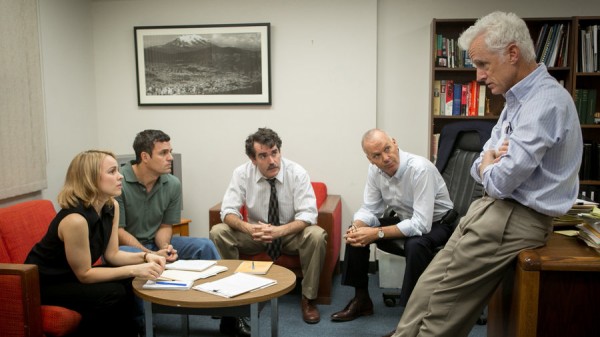 Tom McCarthy's Spotlight chronicles the engaging true story about the Boston Globe's investigation into the Catholic Church. The film is centered around the newspaper's tenacious 'Spotlight' team, whom after receiving allegations of abuse in the Catholic Church, begin a year long investigation. Uncovering a systematic cover-up of sexual abuse, which reaches to the highest levels of not only the Catholic Church, but Boston's government establishment, the team faces extreme pressure as they fight to uncover the truth. Featuring stellar performances from everyone involved, Tom McCarthy's Spotlight is a top flight character drama thats strength lies in its ability to craft thoughtful characterizations of its characters. The film is without question centered around the need to discover the truth, but the way the film slowly reveals the inner psyches of its characters as its strongest aspect. While I'd argue the direction does very little to create a sense of tension or dread, the acting in particular brings a lot of weight to the story itself, as many of these actors, namely Mark Ruffalo & Stanley Tucci, are able to capture the pressure felt by these characters in their performance alone. The script is well written but there are too many times where it lacks the nuance and subtlety to be truly special, letting the understandable anger centered around the Catholic Church's cover-ups cloud its judgement when it comes to nuanced storytelling. Perhaps my favorite attribute of Spotlight is the fact that it doesn't paint out these investigative reporters as saints or saviors, being a film that certainly acknowledges that everyone, including these reporters, is somewhat responsible for looking the other way, in one form or another, in the Boston community. The church's systematic cover-ups of sexual abuse bred in a city that chose to look the other way, with perhaps Spotlight's most important theme simply stating that this is what can happen when good men do nothing. Given the subject matter, Spotlight is a film brooding with emotion, and while I'd argue that Tom McCarthy's overall direction is nothing more than adequate, the film does manage to create a nice brooding tension throughout its running time thanks to its structure and acting. Tense, well-acted, and surprisingly insightful at times about the psychology of sexual abuse and group-think, Tom McCarthy's Spotlight is a compelling story about one of the most haunting cover-ups in recent years. 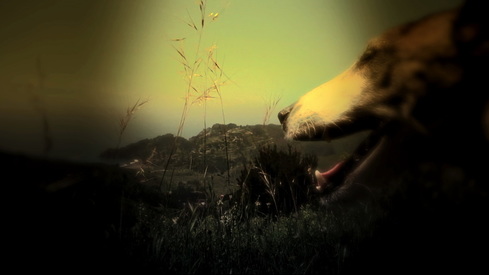 Laurie Anderson's Heart of A Dog is an impressionistic meditation on death, life, and humanity, which is deeply personal but also universally compelling. An experimental documentary of sorts, much of the film is about the reflection Laurie Anderson has about the death of her beloved dog, mother, and husband. Using still photography, hand drawings, and moving image, Heart of Dog creates an existential experience that is a bonafide work of art in the truest sense of the word. The segments about Anderson's relationship with her dog are some of the most compelling, not just because dogs are wonderful, but because it captures how a dogs' uncompromising, unconditional love was a major component of helping Anderson through her past emotional trauma. The relationship between love & death is a major aspect of Heart of A Dog, confronting the viewer about the nature of grief and guilt, arguing that at its core it's a selfish construct. Heart of A Dog argues that the cycle of life and death is profoundly important to grasping love, showing how death shapes individuals for their rest of their lives and can even give them a purer understanding of the love they shared. Conjuring up imagery of 9/11 and waxing poetic about the ever growing surveillance in America, Heart of A Dog isn't a political film by any means, but it uses this imagery and ideas to make a point about humanity as a whole. To that point, Heart of Dog's greatest attribute is how it captures the arrogance of humanity. We, as a species, like to think we have control, and what this film does so well through its meditation on life and death is reveal simply how little control we have and how little we truly understand about the world around us. While Anderson's film is obviously deals with serious issues, the tone of the film is surprisingly light-hearted, all things considered, with Anderson injecting a nice undercurrent of comedy throughout the film's running time, showing a sense of humor even when discussing such series topics as love, death, and grief. Laurie Anderson's Heart of A Dog is not a film for everyone, being an intellectual meditation on humanity that captures how little control any of us have in this world. 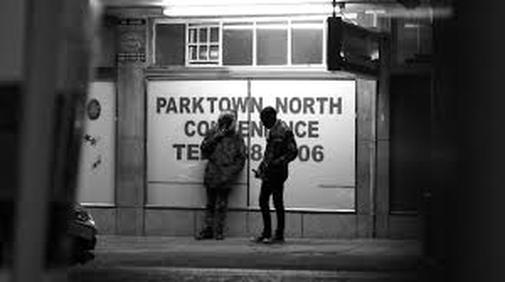 Sibs Shongwe-La Mer's Necktie Youth opens with the suicide of Emily, a high school student, who hangs herself while live streaming it online. Fast-forwarding a year later, the film follows a group of disillusioned South African youth, primarily Jabz and his best friend September, as they go about their day in the suburbs of Johannesburg, drifting alone in disillusionment. Sibs Shongwe-La Mer's Necktie Youth isn't a film without its share of problems, but I hardly cared while watching this passionate film, as it delivers a brooding, cynical portrait of disenchanted youth and humanity in general. While there have been many films that tackle disillusionment of the young, many of these films focus more so on the anger and angst, which isn't really what Necktie Youth is trying to achieve. Necktie Youth has its share of angst, but what this film focuses on is the utter hopelessness of these individuals, who see a world around them that has nothing to offer them. The intro to Necktie Youth is very compelling, with our main protagonist, Jabz, talking about his home as stills of Johannesburg are splashed across the screen. The sequence is powerful but also goes too far in spelling out the thematic intentions of the film, making it very clear that the inherent selfishness of humanity is going to be a major focus of the film. The structure of Necktie Youth is rather simple, yet effective, intercutting between a day-in-life of these characters and interviews related to the death of Emily, as many of the characters the film tracks were classmates of hers. Necktie Youth doesn't make any excuses for these young characters, in fact if anything it makes a point to capture their inherent privilege, which has led to a lack of passion or focus in their life. It's a film that seems in conflict as to whether show empathy for these characters or simply anger towards their hopelessness, something which I'd argue is a strength to the film. While Necktie Youth is a rather grim portrait of humanity, you'd hardly know it from the surface, as the film is a lot of fun, relying on a well written script and the chemistry between Jabz and September to break up the grim undercurrent. September is a character of vapid entertainment, being an important characterization in the film that provides a perfect compliment to the more brooding Jabz. Starting with the intro, Necktie Youth owes a lot of its stylistic flourishes to the French New Wave, in particular Godard, but I'd argue these flourishes serve a much different intention, helping to break-up the brooding, cynicism which could have become overbearing. The film features some rather grim themes, focusing on the undercurrent of racism that exists in Johannsberg, the economic disparity, and the coldness of technology, all of which are used to paint a vivid and provocative portrait of the inherent selfishness of humanity. Necktie Youth firmly believes that we live in a world where individuals are simply out for themselves, unwilling to help each other out if it serves no personal gain for themselves. Perhaps the strongest attribute of the entire film is the characterization of Jabz, our closest thing to a main protagonist. The film intentionally remains vague when it comes to his relationship with Emily, but there is a quiet despair associated with Jabz, which makes it clear that the death of Emily is still consuming him. Sibs Shongwe-La Mer's Necktie Youth is a harrowing look at the current state of humanity perceived by the filmmakers, offering up a film that feels both very personal and universally profound. 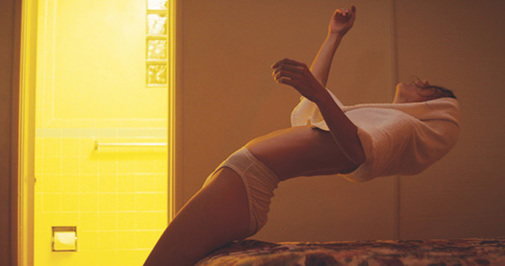 Celia Rowlson-Hall's Ma is striking, surrealistic retelling of the Virgin Mary's pilgrimage to give birth to the savior, Jesus Christ. In this modern day retelling, Mary travels across the barren landscape of the American Southwest, intent on fulfilling her destiny in the holy land of Las Vegas. As you probably can already tell from the description above, Rowlson-Hall's Ma is is a rather unique film, which relies almost entirely on symbolism, surrealism, and striking imagery to tell its tale. A modern day silent film, Ma has absolutely no dialogue throughout its running time, relying on image and performance to create its unique experience. Ma is a challenging experience, being one of those films that is best experienced under the understanding that you are not going to grasp every little thing the filmmakers are trying to say. It's a work of art, which is quite opaque and sometimes self indulgent, but the larger aspects of this story are captured in a strikingly assured vision. The whole film has a nice aura about it, an atmospheric tension that is quietly gripping, offering a nice reminder that horror films aren't the only genre that can gain a lot through atmosphere. Some scenes work better than others, as quite a few sequences left me completely baffled as to exactly what Celia Rowlson-Hall was trying to get across. That being said, when Ma is on, it offers some of the best surrealism I've seen in American film in years, with a phenomenal finale few minutes which perfectly put a unique modern spin on the biblical story. Almost guaranteed to frustrate the average viewer with its lack of dialogue and opaque surrealism, Ma is a film that is bound to only be appreciated by cinephiles, as well as lovers of surrealistic art. 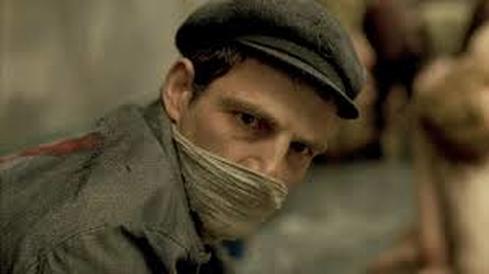 Laszlo Nemes' Son of Saul is an intimate portrait of two days in the life of Saul Auslander, a Hungarian prisoner working as a member of the Sonderkommando, at the Auschwitz Crematorium. Without going into too much details about the plot, much of the story revolves around Saul's pursuit of locating a rabbi amongst the chaos, who can help bury a young boy who Saul mistakes as his son. Son of Saul provides a personal experience of a concentration camp, examining a man who is haunted by the death of his son. Saul is a character who essentially turns his back on the living due to this obsession to bury this young boy, as his personal regrets and despair has completely clouded his judgment. Through Saul, the film captures the shattering of the family unit, but strangely enough, intentionally or not, it also speaks to the inherent selfishness of love and loss, as Saul shows little regard for the living. While I had a host of issues with Son of Saul, which I'll get into in a second, there is no denying that the filmmakers have crafted a singular vision of this horrendous time in human history, though it never manages to get past the inherent problems I tend to have with these types of films. The cinematography and sound design in Son of Saul are without question the film's strongest aspect, creating a claustrophobic and chaotic experience that makes the film very immersive. Much of the film consists of tight compositions centered around Saul, where chaos surrounds him, a very cold way of expressing the cruel experience of the concentration camp. While technically impressive, this is also where my problems begin with the film, as Son of Saul feels liked a twisted amusement park ride through the atrocities of the concentration camp at times. I totally get the appeal of making the film contained and personal, but something doesn't sit right with me about Saul's story carrying more emotional weight than the death that surrounds him, as the filmmakers never seem to indicate that his inherent selfishness could cost more lives. One can argue the film is merely showing the world through his perspective, but I'd argue that the filmmakers themselves fall into the same trap as their main protagonist, getting overly wrapped up in the sentiment of one man. One cannot deny that aspects of Son of Saul are emotionally resonant, but I'd argue not much is earned beyond the intrinsic despair of any film having to do with the darkest time in world history. Technically impressive, Laszlo Nemes' Son of Saul can't quite match it's impressive technical aspects, with a story that feels a tad insulting and quite frankly disrespectful to the weight of death surrounding its main protagonist.  Taking place in a small, Chilean beach town, Pablo Larrain's The Club tells the story of a group of disgraced priests and nuns, who have been suspected of crimes ranging from homosexuality, to child abuse, to baby-snatching. These men and woman live a quiet life now, attempting to redeem themselves for their past transgressions. When a new exiled priest is sent to the house and subsequently commits suicide, a crisis counselor is sent by the Catholic Churce to investiage, threating the very existence of these individuals. Pablo Larrain's The Club tackles a touchy subject with an impressive amount of tact. I'd personally argue that The Club is one of his least interesting films, as it lacks the distinctive storytelling and artisitc merit as some of his earlier efforts. That isn't to say there isn't a lot ot enjoy with The Club, a film that is interested in documenting how the Catholic Churce deals with their worst offenders, putting them in a secluded home that is 100% funded by the church so these men can seek repentance. Each of these disgraced priests pass the time in different ways, some being healthy while others are essentially vices. The film certainly has something to say about the pesonal demons of all of us, as none of these individuals are ever vilified, as Larrain fully gives them the full dimensional characterizations they deserve. The problem I had with some of these characters is I never felt enough emotional weight in many of them, outside of the priest who became infaturated with his greyhound. Fortunately for the film, this is not nearly as important as the larger aspect of the film, which is certered around Larrain's intent on captures the hypocrisy of the Catholic Church, an organization and business that will do whatever it takes to survive. The Club is not seething or a biting criticism, as its tone is rather light considering the subject matter, but through the story of these three priests and an old altar boy who arrives, damaged from his past transgressions, The Club captures the hypocrisy of the Catholic Church. The crisis counselor drives these thematic intentions, a man who arrives hellbent on forcing these four men to commit more to penance. When this ex-altar boy arrives, deeply damanged by years of past abuse, the crisis counselor concocts a scheme to keep hims silent, doing in a way which in theory will help him find some semblance of peace, though it is only the second priority of the counselor, whose first priority stems from protecting the image of the Catholic Church. Surprisingly funny and featuring a ligher tone that one would expect, given the subject matter, Pablo Larrain's The Club is a tactful take down of the Catholic Church, exposing the hypocrisy and means it will go through in order to survive. 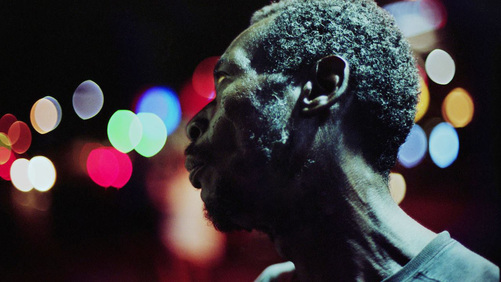 Provocative, angry, and deeply spiritual, Khalik Allah's Field Niggas is a meditative and experimental documentary thats simplicity only adds to its brilliance. Taking place on the cross streets of 125th and Lexington Ave in East Harlem, Field Niggas provides slow motion portraitures of a wide variety of individuals, overlaying their conversations in a way that provides an extremely vivid portrait of their individual experiences. The film is both expansive and deeply personal, capturing the sadness and loneliness of many, but also the bond of community, the culture, and the happiness which does exist in a place of poverty and homelessness. From portraiture to portraiture, the dialogue and image never actually matchup, remaining out of sync intentionally, doing so in a way that strips the various individuals from some of their individuality. While it may be a little jarring at first, it's a brilliant decision by the filmmaker, being a visceral way of expressing the sense of community and in a way making the plight of these overlooked individuals faceless, while somehow managing to let their individual voices be heart simultaneously. It makes a lot of sense that Khalik Allah was a photographer turned filmmaking, as the portraits and imagery which Allah are able to create perfectly cut through the body and reveal the inner essence of so many of his subjects. There is absolutely no judgement or preconceived notions throughout Field Niggas, as Allah sits back and lets his subjects voices be heard, but that doesn't mean he doesn't overlook the more negative attributes of these street corners, the drugs, domestic violence, etc, and I think that is a very important attribute. Field Niggas viscerally captures a lot of distinct opinions from various individuals, some with faults and struggles, some which are happy, showing how these overlooked individuals are no different than any other community, each capable of happiness, hate, despair, and love. One of my favorite subjects was a homeless man who was agitated by the idea that him and people like him couldn't be happy, explaining how in a way society itself decrees this isn't a possibility. What probably stands out the most about Field Niggas is just how mature of a film Khalik Allah has made, being not so interested in politics or blame, but more importantly in peace and love. The filmmaker makes sure to capture all the angst, sadness, and danger which exists on these streets, but he never lets it consume himself, understanding that a higher level of intellectualism will always prosper in the long run. 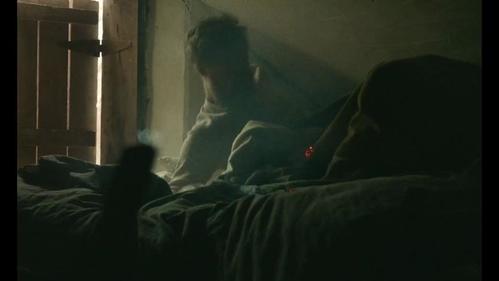 Set in 1861, Kentucky, Zachary Treitz's Men Go to Battle chronicles the lives of Francis and Henry, two brothers who rely on each other to survive on their unkempt land. One night, Henry walks off into the night, leaving Francis alone on the farm. The first thing that jumps out about Men Go to Battle is the authenticity it is able to create, recreating the look and feel of the time period in an impressive way compared to other films taking place in the time period, like the Keeping Room for example. Even the dialogue itself is written in a way eith authenticity in mind, showcasing the uneducated and unintellecutual nature of our two main protagonists. The brother dynamic between Henry and Francis is what makes the film so compelling, as these two actors create a very believable portrait of two uneducated brothers who must rely on each other to survive. They tease each other and get into dumb arguments routinely, with the two actors being very convincing in the roles. What makes Men Go To Battle special is that the civil war isn't front and center but is still a major component, as the film beautifully and subtlely captures the immense amount of change it brought to the livelihoods of so many. For Henry, joining the army provides him with a form of security, never having to worry where his next meal is coming from. It also provides him a means to get educated, learning to read and write while he serves. Of course when the battles begin Henry is awakened to the true horror of his situation, which leads to him deserting the Union and attempting to find his way back to his brother. Men Go To Battle is by-and-large a small character study, but it also manages to capture the larger impact the war had on so many, with fathers, brothers, sons, and communities reshaped by this monumentous war. 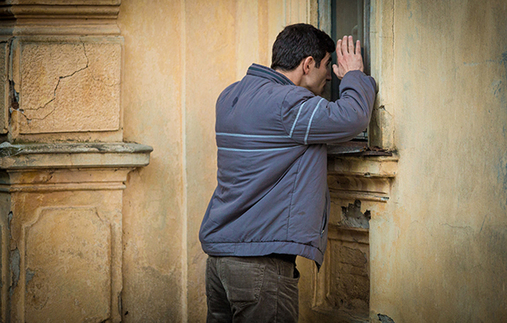 Cornelui Porumboiu's The Treasure tells the story of Costi, a husband and father, who lives a modest life in Romania. His son loves Robin Hood, and nearly every night Costi reads him bed time stories to help him sleep. One evening, a neighbor of Costi's arrives at his door asking him for help. The man tells Costi that he believes there is a treasure buried in his grandparent's garden, asking Costi to help him pay for the metal detector and labor to help him locate it. Skeptical at first, Costi agrees to help when he is promised half of the potential profits, setting them of an adventure that has the potential to change both of their lives forever. For those not familiar with Cornelui Porumboiu's films, they offer a singular vision, with an unbelievably dry sense of humor that coupled with methodical direction makes The Treasure a nice little treat. Everything in this film is very subtle, from the humor to the problems that arise, and as the narrative progresses Costi runs into many obstacles, though his inherent optimism never wavers. I think the films optimism is one of the most endearing qualities of The Treasure, as a lot of obstacles arise, from the police, to things his neighbor forgot to mention, all of which threaten to derail Costi's dreams, though he never wavers. Perhaps the greatest example of this is when Costi comes home with the discovered Mercedes shares, which are bound to make him a lot of money. His young son doesn't comprehend how this is treasure at all, and even when in a later scene Costi realizes his share of the earning isn't going to be as big as expected, the first thing he does is go purchase a large amount of jewelry to share the treasure with his son in a way the young boy can understand. The Treasure is a narrative that could easily have been told with much more pessimism, and that is the beauty of this film, as even though it is full of struggles and setbacks that never feels that way whatsoever, thanks to the optimism of the lead protagonist and by proxy filmmaker. |
AuthorLove of all things cinema brought me here. Archives
June 2023
|
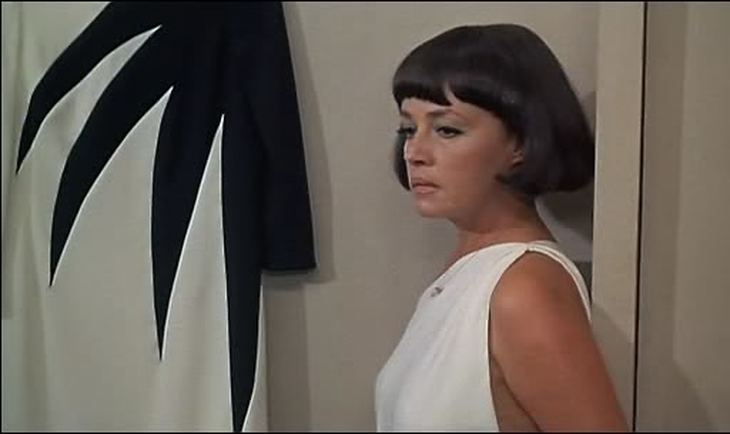
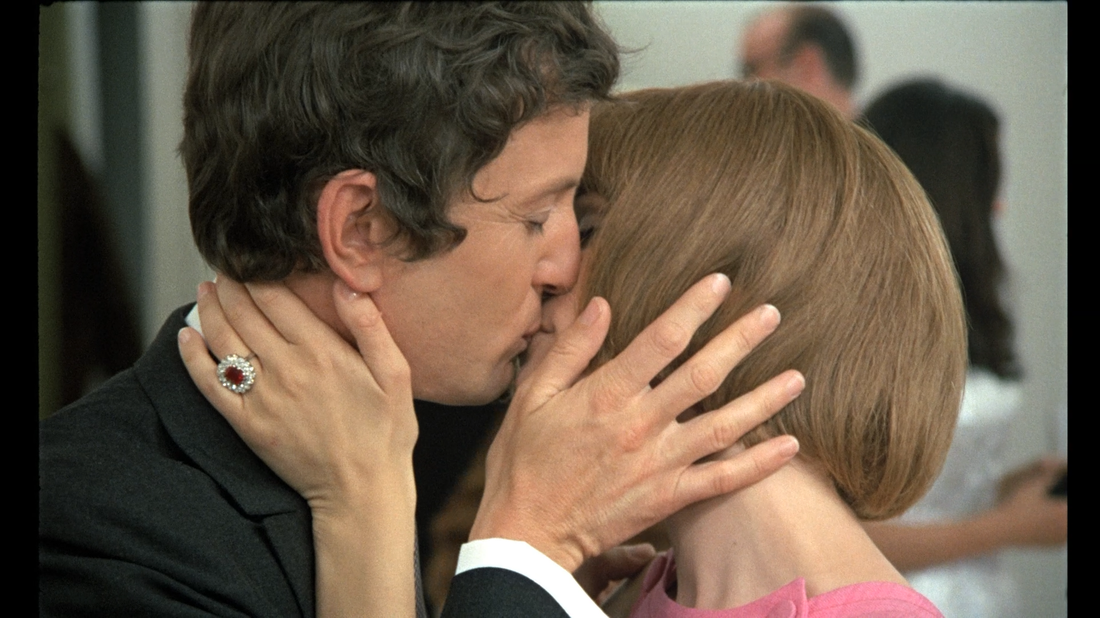
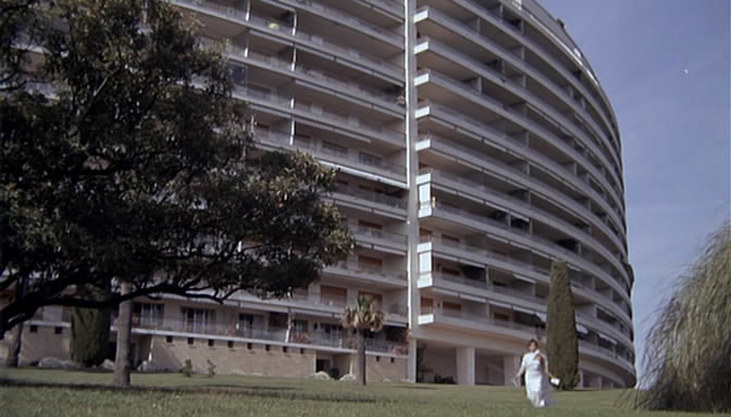
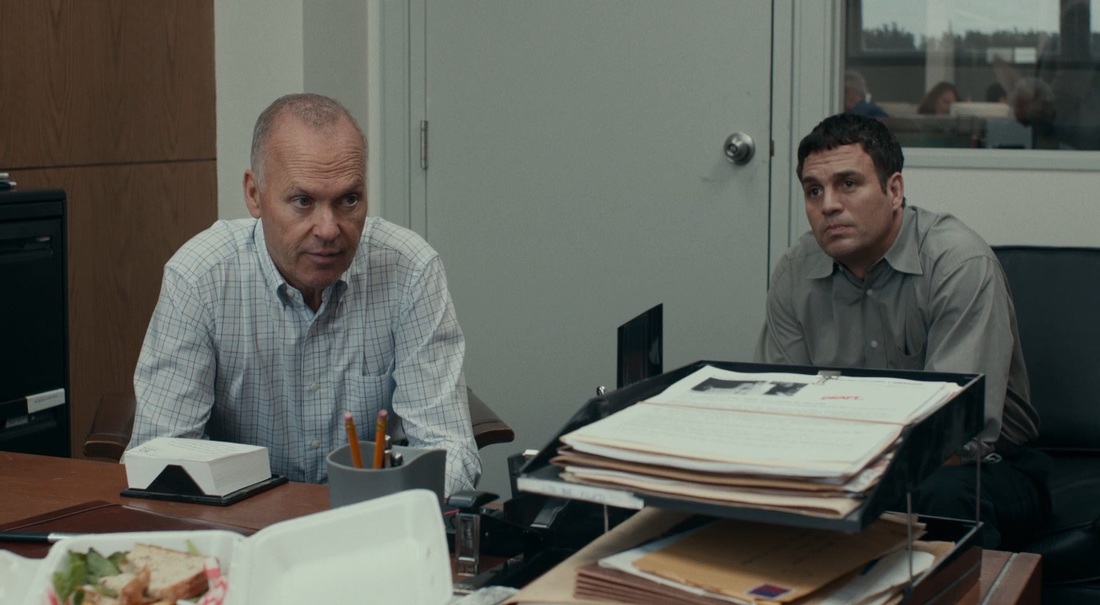
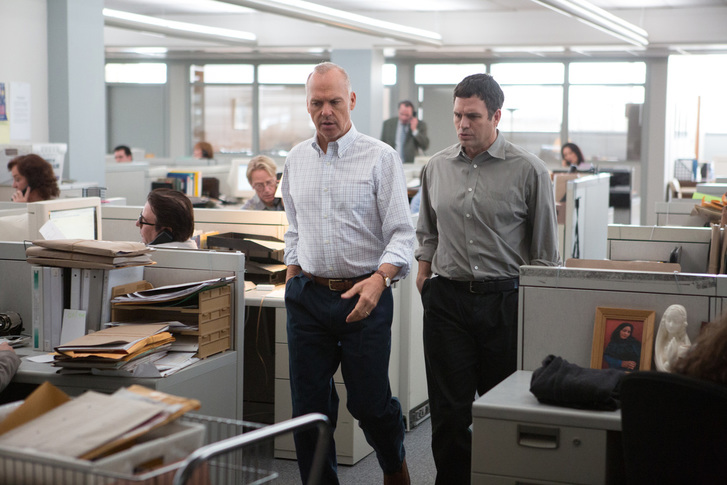
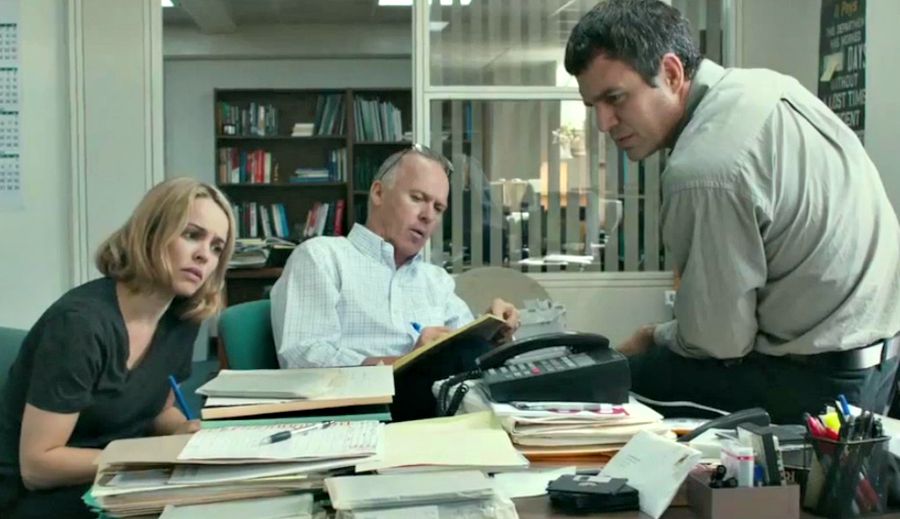
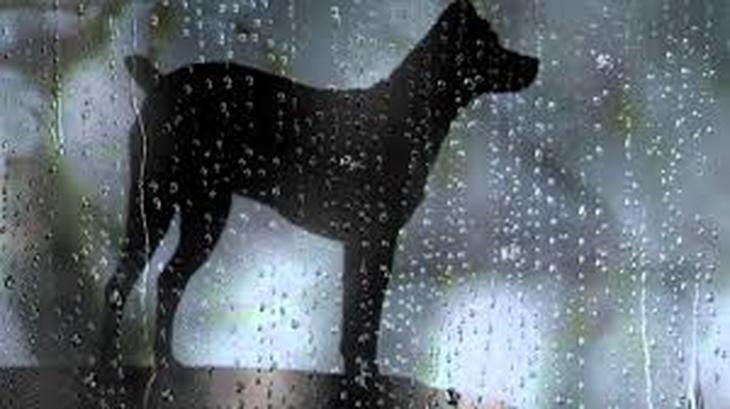
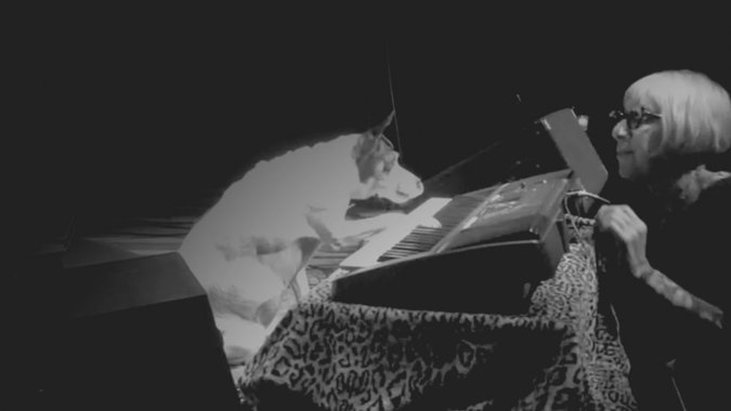
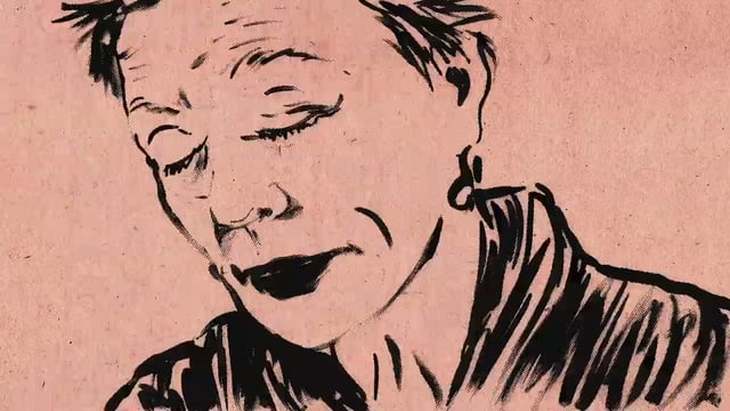
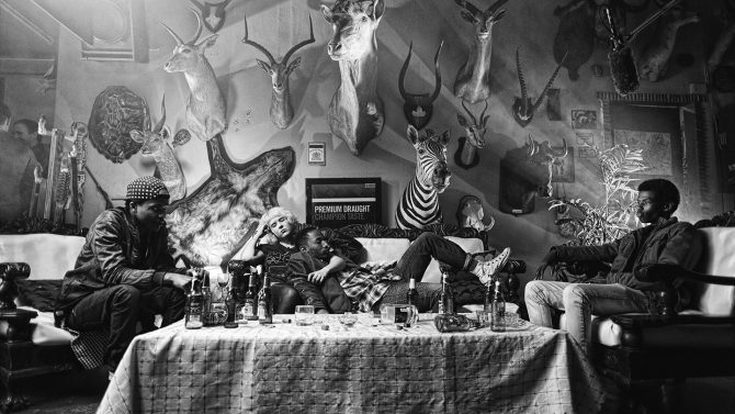
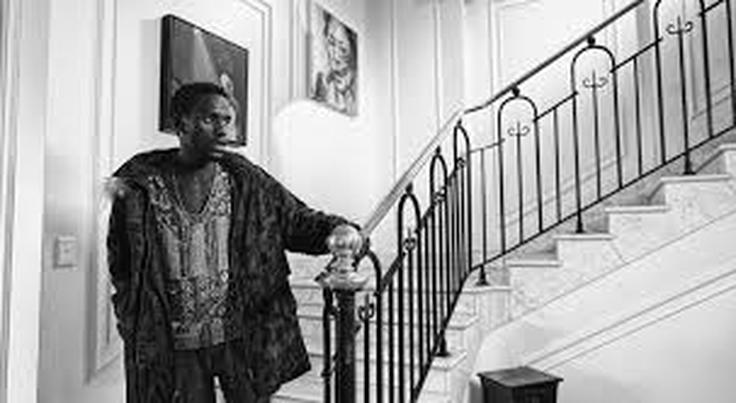
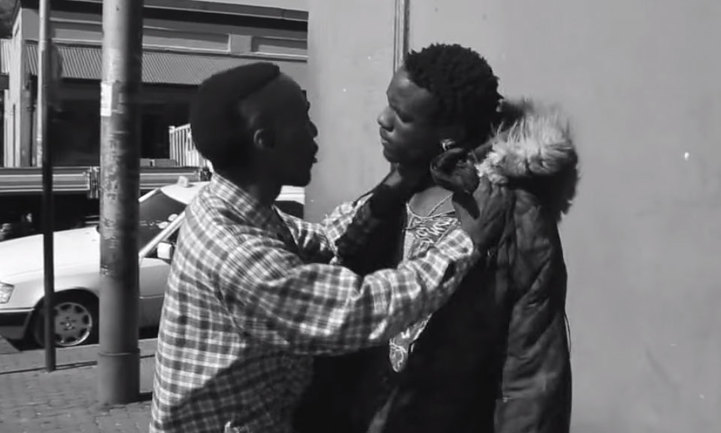
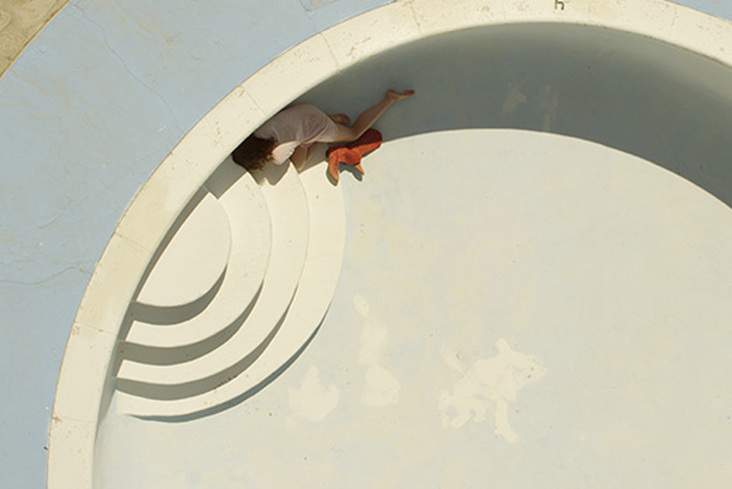
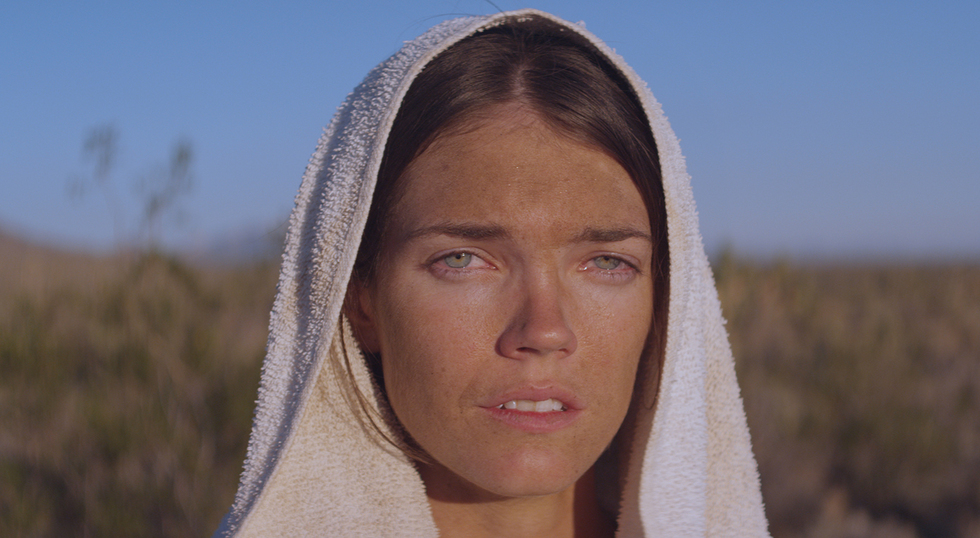
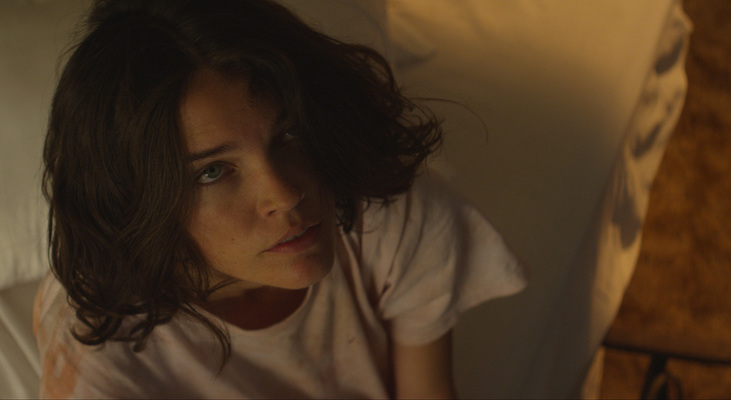
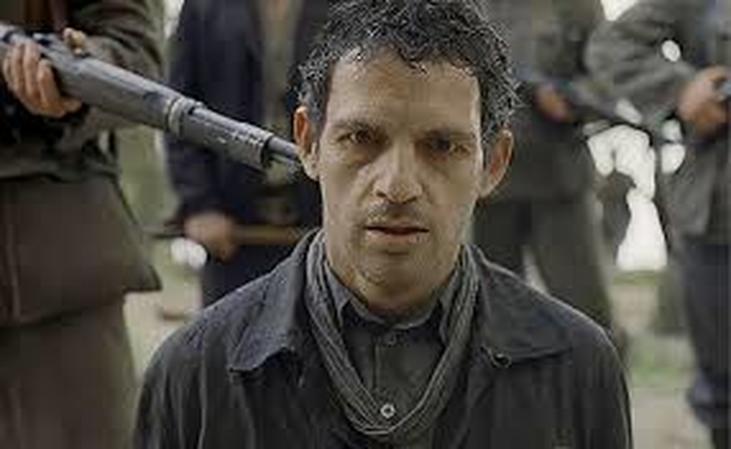
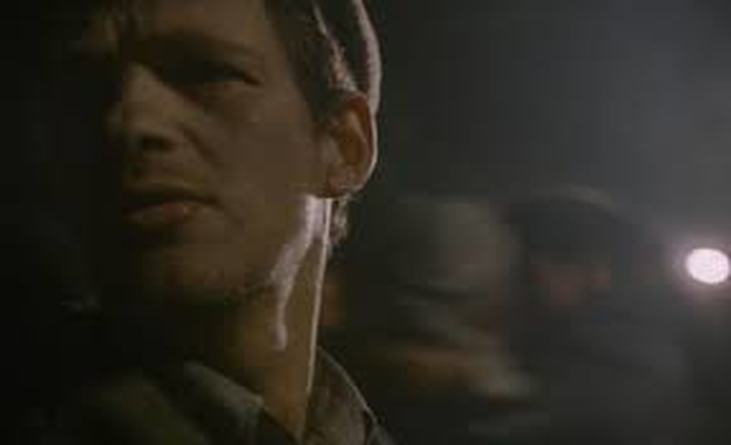
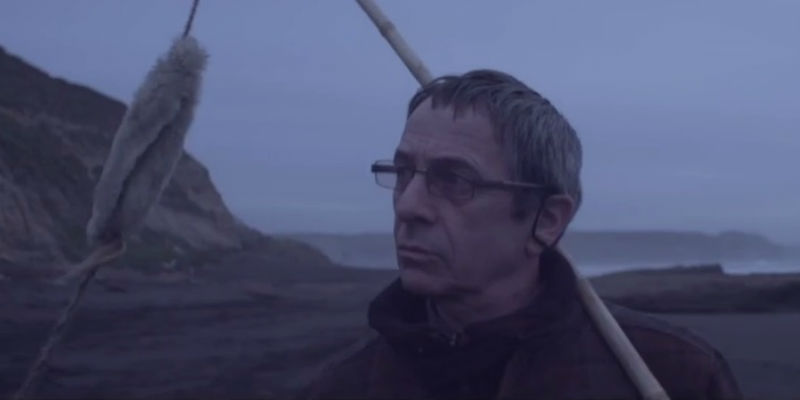
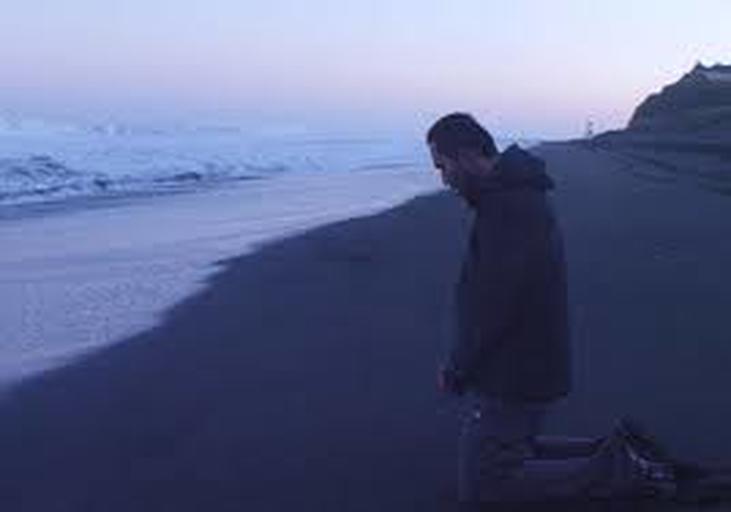
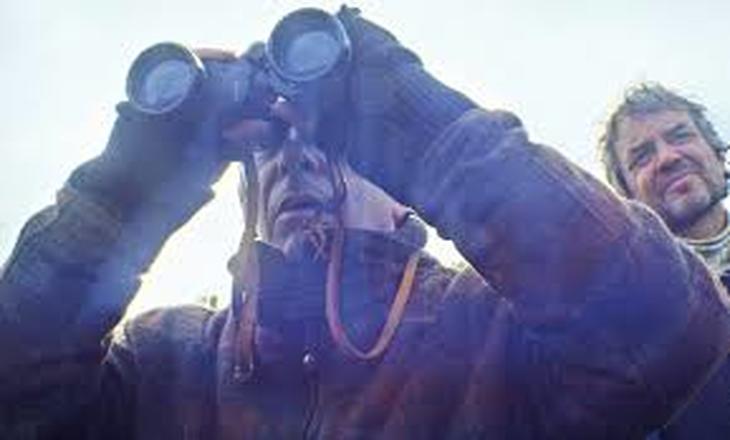
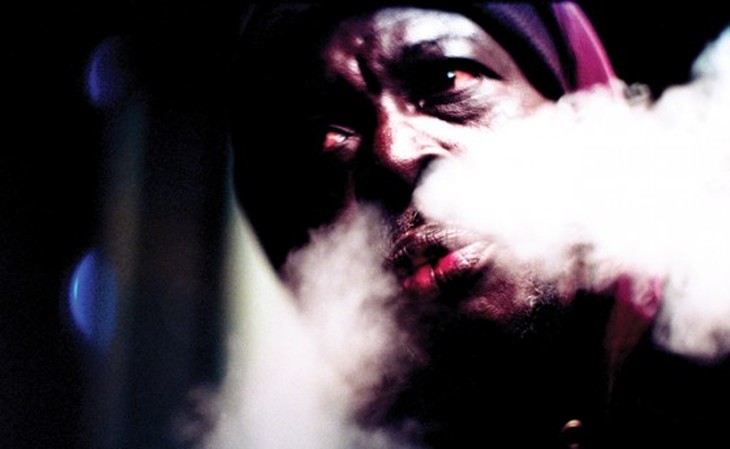
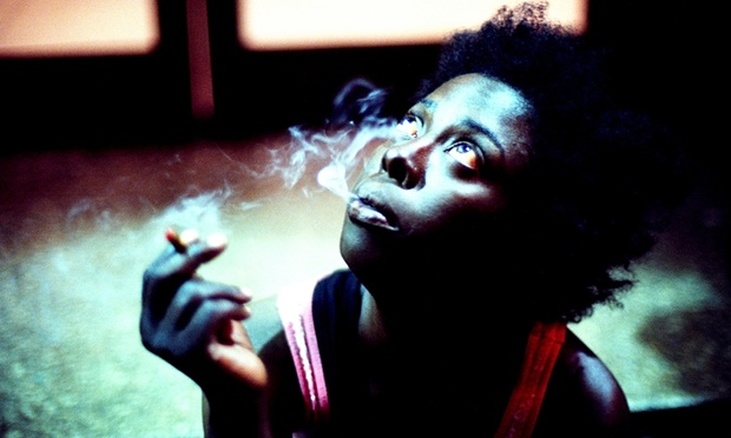
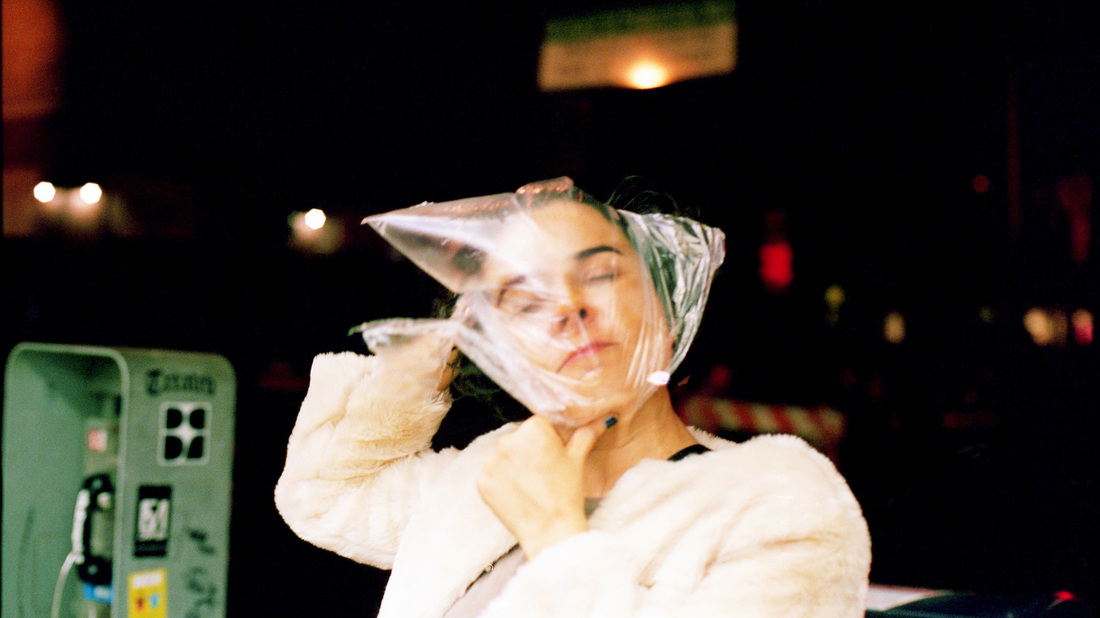
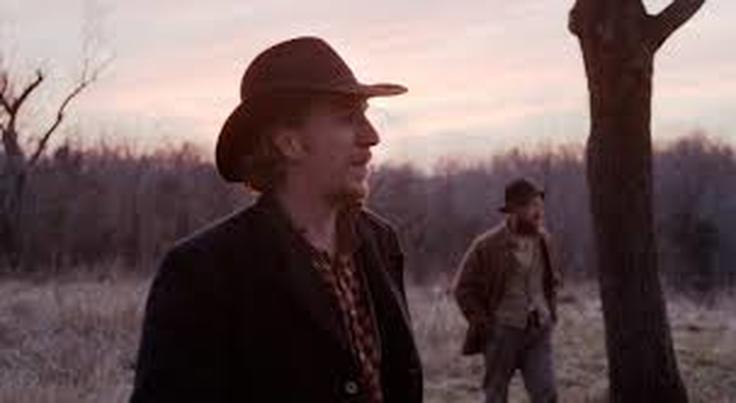
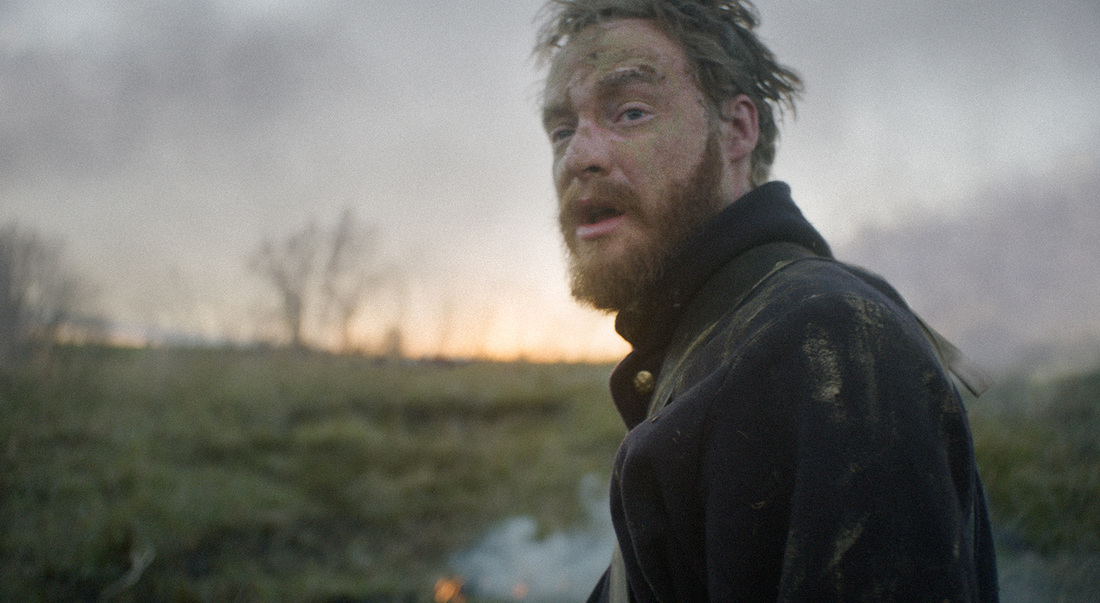
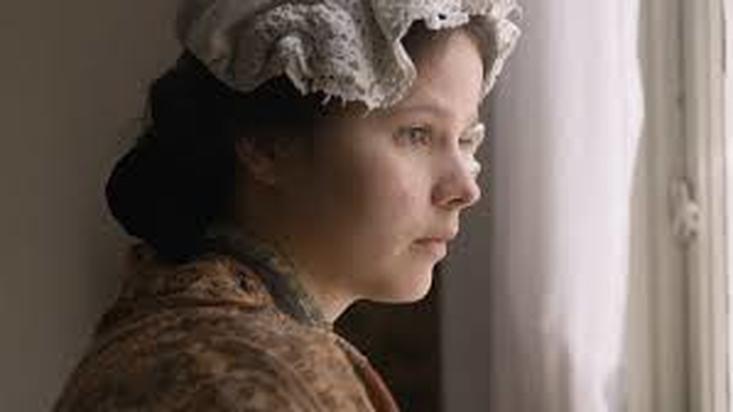
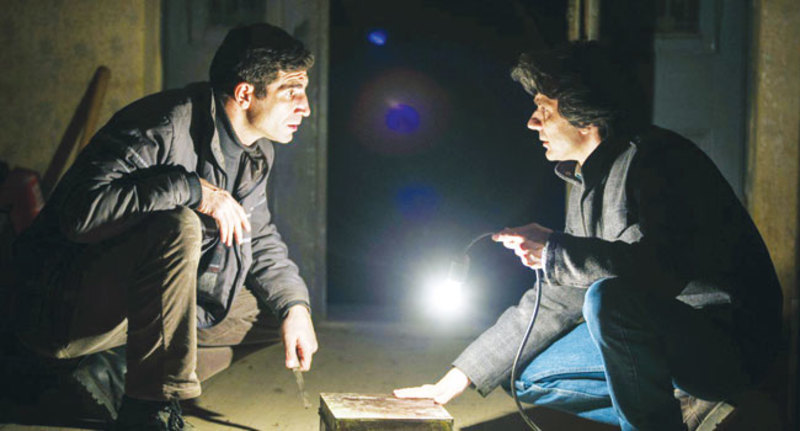
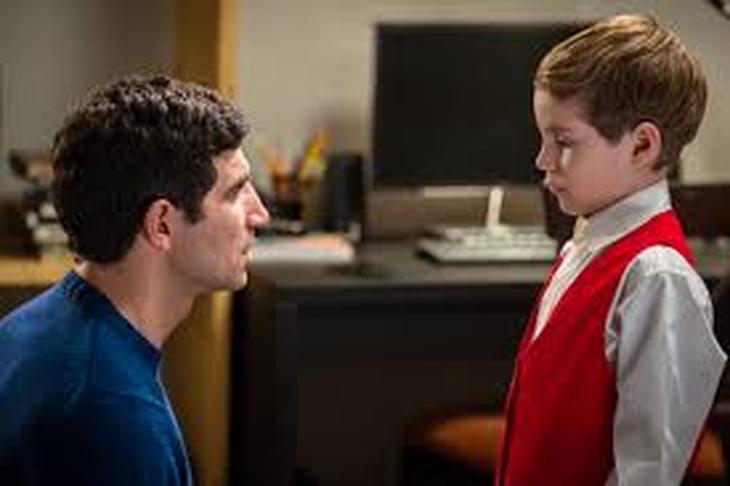
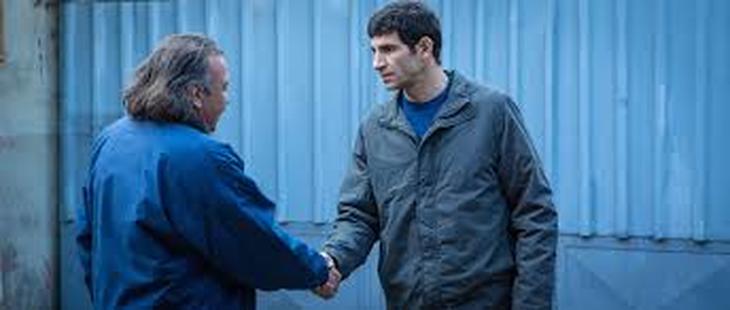
 RSS Feed
RSS Feed
